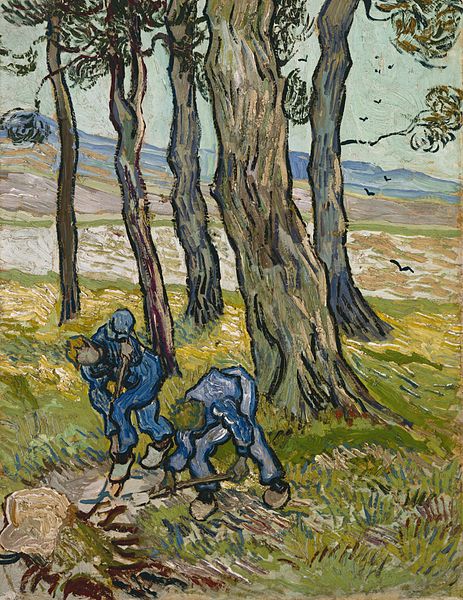I suppose you could say that Charles Hirsch was a consumer advocate of sorts, but he probably took things a little too far. Perhaps he was driven mad by diphtheria claiming most of his children. From an article in the May 20, 1882 New York Times:
“Batavia–The village of Oakfield, in this county, is thoroughly excited over the actions of a German named Charles Hirsch, who has dug open the grave of his son Charles for the purpose of ascertaining the material of which the coffin is composed. In December, 1889, malignant diphtheria appeared in the family of Hirsch, who was the father of several children. The disease was of the most destructive type, and, one after another, in quick succession, he was bereft of five of his children. A child would be attacked in the morning, and at night would be dead, and within 24 hours buried. One son drank a cup of coffee, and in 15 minutes was taken with choking and died almost instantly. At this time the burial of another child was taking place. A Batavia undertaker had charge of the funerals, five in one week, and a few weeks ago some difficulty arose between him and Hirsch in reference to quality of the coffins which were provided. The undertaker claimed they were of certain materials, while the father and purchaser believed he had been cheated.
The misunderstanding could not be made clear, so the German determined to open one of the graves and satisfy himself. He employed the sexton to assist to him, and proceeded to the burying ground. With spades and shovels they accomplished their work speedily, for, the grave was in a low portion of the cemetery, and the earth was filled with water and handled readily. They began operations about 10 o’clock in the morning, and in an hour and a half had the grave opened and the coffin-box was reached. With tools with which he had thoughtfully provided himself Hirsch unscrewed the top of the box and removed it. Then he crushed in the glass at the head of the coffin. The body had been buried nearly 17 months, and the odor which arose from it in its advanced state of decomposition was extremely nauseating. It was borne with coolness, however, and the work was prosecuted. The coffin was nearly filled with water, and it is said the body was actually floating in it. The head and upper part of the body were best preserved. With a stout stick Hirsch raised the head of his son’s corpse and propped it up so that he could get a piece of the bottom of the coffin. He succeeded, and then broke off splinters of the side and top. Having secured what he had worked so hard for, Hirsch, assisted by the sexton, filled the grave and left it. It is reported that at noon Hirsch left the grave and secured his dinner, entering the dining-room of the village hotel and being ordered out by the landlord on account of the unbearable stench with which his clothes seemed impregnated. When the news of his proceeding became noised about, much indignation prevailed and expressions of condemnation were heard on all sides. By some it was charitably considered that the man was insane, while others believed he did it without knowing better. The former theory prevails, however, for citizens of Batavia who know him, state for some time that they have noticed peculiarities in his conduct which would be inexplicable in a sane man. He is a prosperous farmer and evidently is well to do. There is a growing feeling over his strange actions, but it is not likely the authorities will make any move in the matter. Hirsch rendered himself amenable to the law, however, besides endangering the health of many persons, by opening the grave and permitting the foul, poisonous gases and odors to escape. The grave was open for nearly three hours.”
Tags: Charles Hirsch

